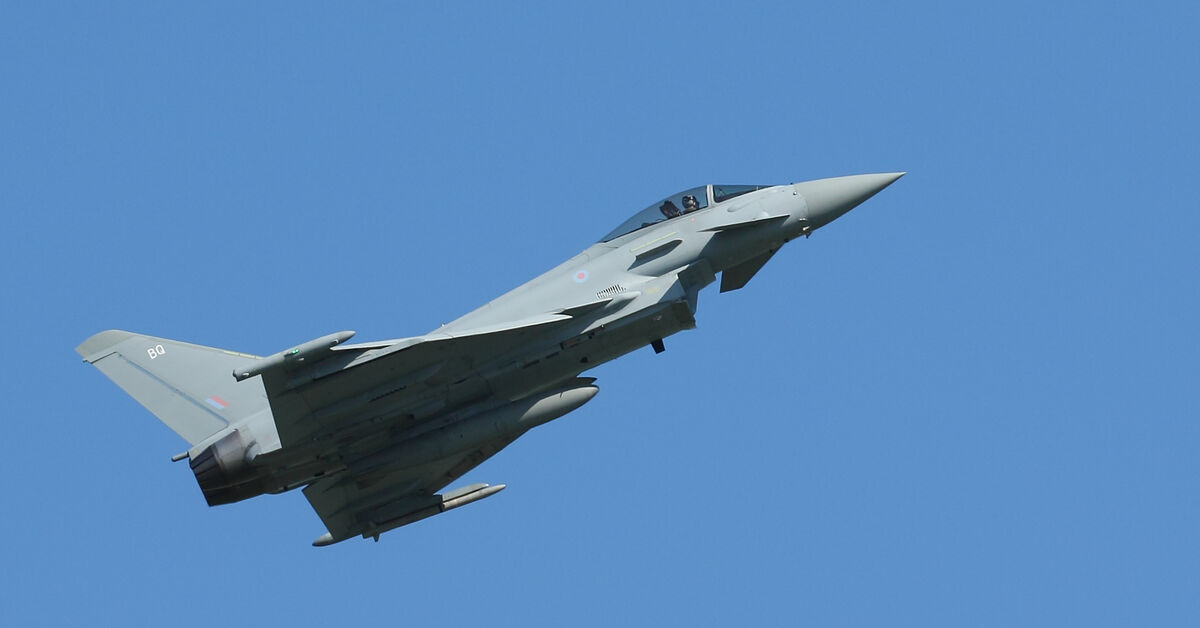Explaining the Diplomatic Rush to Normalise Syria's Assad
Syrian President Bashar al-Assad met with Russian President Vladimir Putin in Moscow on 24 July on the heels of reports that Turkey and a handful of European states are reconsidering their engagement with Syria. The EU suspended relations with Damascus in 2011 following the outbreak of the civil war, but in late July eight EU foreign ministers, including those of Italy and Austria, called on the EU’s chief diplomat Josep Borrell to ‘review and assess’ the bloc’s approach to Syria after 13 years of conflict. On 25 July, Italy became the first G7 member to announce it would restore diplomatic relations with Syria. This move signifies a shift that echoes the Arab world’s normalisation of Assad last year.
On 7 July, Turkish President Recep Tayyip Erdogan said he would extend an invitation to Assad ‘any time’ for possible talks to restore relations. This set off speculation about Assad’s potential response and any preconditions he might insist upon before agreeing to such talks. Previous attempts at diplomacy between the Turkish, Syrian and Russian defence ministers in December 2022 did not result in policy convergence. Syria experts have suggested that low levels of engagement between intelligence and security officials date back to 2018.
While a major breakthrough in Turkey–Syria ties is unlikely, one explanation for the abrupt interest in restoring ties with Assad is that Turkey is seeking to navigate new rules of engagement ahead of a scenario where the US withdraws its remaining 900 or so troops that are currently stationed in northeastern Syria, a step that is likely to be expedited in the event of a Trump win in the November US presidential election. But rising regional tensions following a series of high-profile assassinations in Lebanon and Iran mean that a US withdrawal is not imminent.
Syria was readmitted to the Arab League in May last year, but despite this regional pivot on Assad, US and European policy on Syria has remained stagnant, with little indication of what a long-term strategy would look like. There are unquestionably economic incentives that seem to justify a reset. War-torn Syria represents an opportunity for reconstruction and investment, and international actors are recognising that humanitarian funding and efforts require engagement with Assad’s government to have sustained impact.
Despite external support from Russia and Iran, Damascus still controls only 70% of Syrian territory. Turkey controls a sizeable area including towns such as al-Bab, Azaz, Jarabulus, Rajo, Tal Abyad and Ras al-Ayn. The Syrian Democratic Forces control most of the northeast, including Hasaka governorate as well as areas in Deir Ez-Zor and Raqqa.
Russia’s Mediation over Turkey-Syria Talks
Russia, a steadfast ally of Assad, has been pushing for normalisation as part of its broader strategy to consolidate its influence in the Middle East. Despite overarching agreement on the need to stabilise Syria, there is scepticism on all sides. In 2019, Russia pledged to clear a 30-km strip along the Turkish-Syrian border from the People’s Protection Units (YPG), a Syrian Kurdish militia that Turkey considers to be an extension of the outlawed Kurdistan Workers’ Party (PKK). While Ankara has been irritated by Russia’s ongoing engagement with the YPG since then, it continues to lobby Putin to seek concessions from Assad given its frustration that the US will not abandon its support of the YPG-dominated Syrian Democratic Forces. Moscow is likely weighing up whether Turkey, a NATO member, may succumb to US pressure to prevent Russian companies from evading Western sanctions through Turkey. Unconfirmed reports suggest that in anticipation of talks, Turkey and Russia are considering restarting joint patrols on the M4 highway which runs from eastern Aleppo to western Latakia via Idlib through areas controlled by the Syrian opposition. Patrols had stalled for four years.



